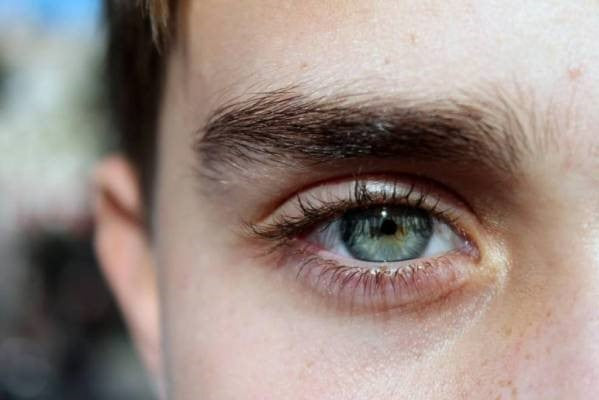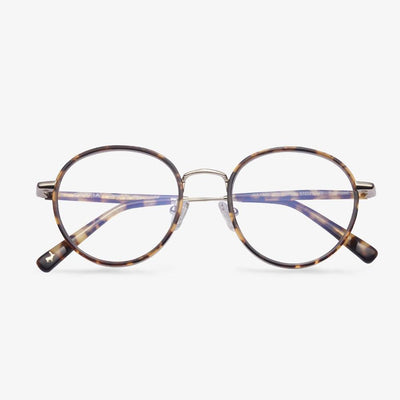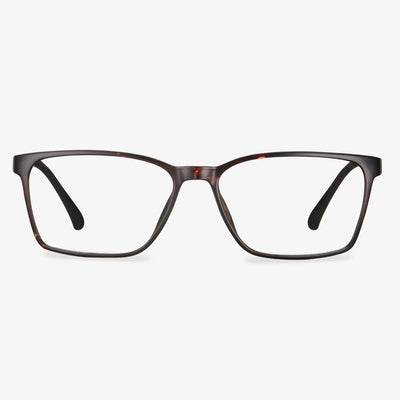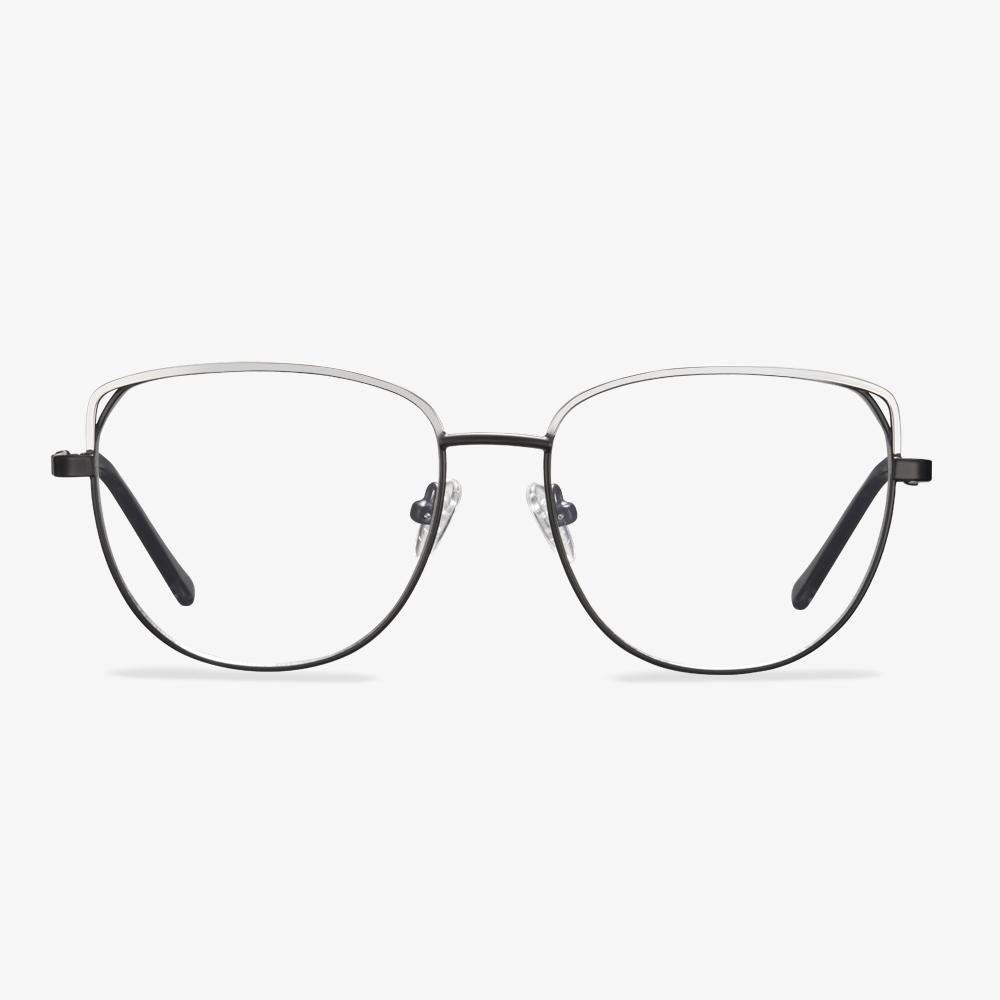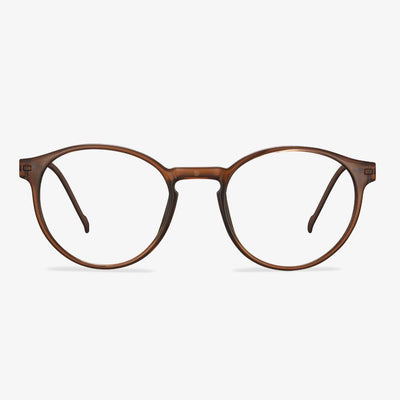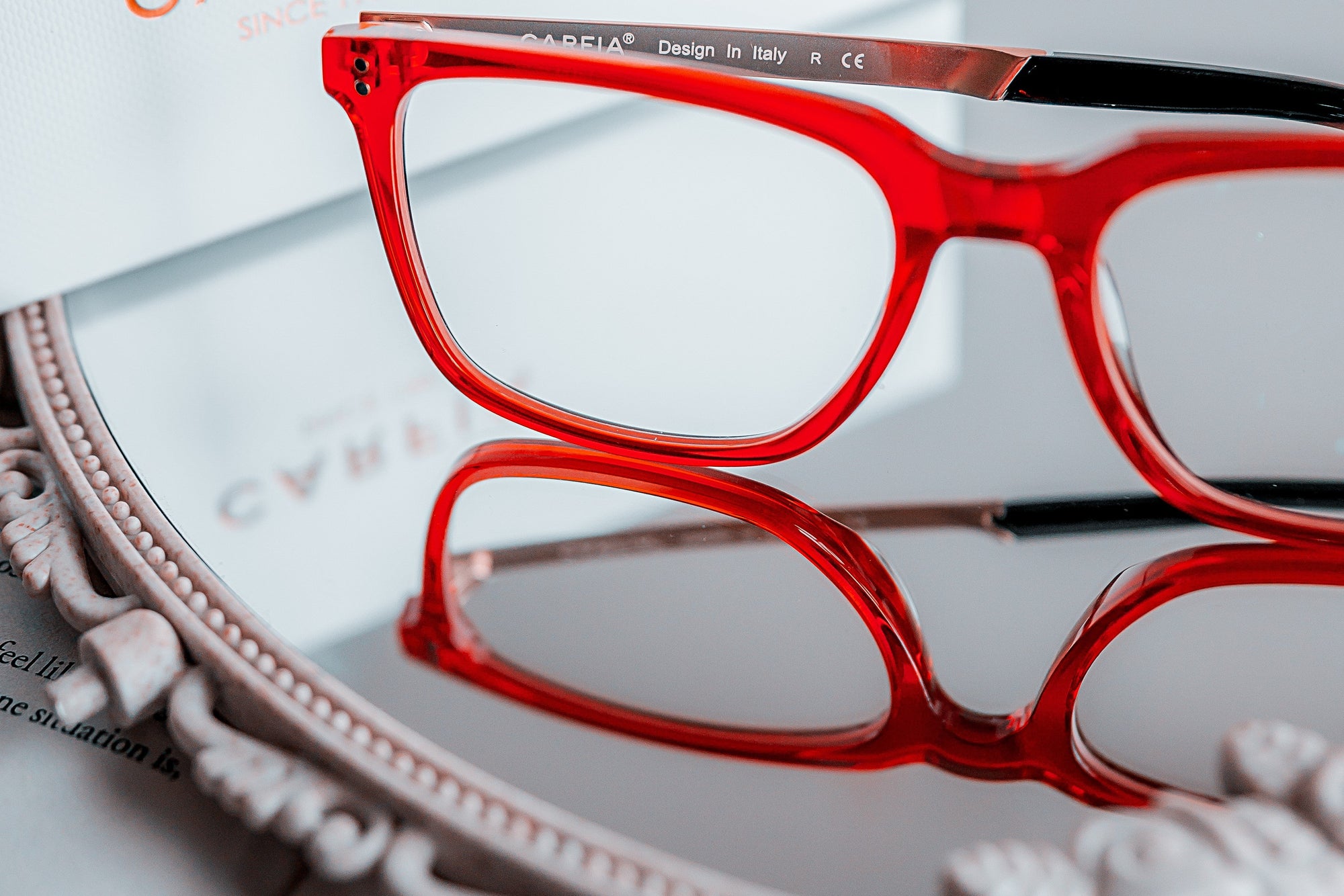Proper massage
Proper massage can not only relieve the fatigue of the skin that supports glasses but relax the eyes. Take time each day to gently massage the marked area of the nose pad for ten minutes. Try not to wear glasses all the time. You can switch between contact lenses and glasses. In this way, over time, the nasal plate marks will gradually disappear. Hot towels can be used to warm the skin, which is helpful to blood circulation to the skin and slowly eliminate indentation.
The taboos of wearing glasses while driving at night
Night driving members should not wear tawny, green, and gray glasses. Tawny glasses can filter out most of the ultraviolet rays, although can make our eyes feel relaxed but easy to make people sleepy. Green glasses will turn red lights into black, directly affecting our judgment of traffic lights, so there is a great safety risk. Grey glasses, due to their low light transmittance, will weaken our line of sight and affect our observation of the road.
What is an aspheric lens?
Strictly speaking, any lens with a refractive surface that is not a sphere is an aspheric lens, including ordinary astigmatism lens, progressive multi-focal lens, Aspheric apical lens, etc. But customarily, our daily aspheric lens refers to the Aspheric apical lens. From the center of the lens to the periphery, the radius of curvature increases (the surface of the lens flattens out).
Benefits of Saddle Bridge Glasses.
The most common type of plastic bridge is called a saddle bridge. The style is very comfortable because it distributes the weight of the glasses over a larger area rather than focusing on smaller points, like adjustable nose pads. Saddles are known to cost less to repair because they have fewer moving parts and are possible to maintain their fitness. There is now a new saddle bridge-type transparent silicone cushion for a screw-type nose pad. It is made of medical-grade soft silicone. It can be bent and is very soft. To fit the curve of the nose, a plastic frame with a saddle or keyhole bridge can slip off the nose without proper support. Silicone is a soft and elastic material that can be formed according to the contour and shape of the nose.
About Prism Glasses
The refractive index of the same medium is different for different colors of light. Different colors of light travel at different speeds in the same medium. Because the same medium has a different refractive index for various monochromatic light, and the deflection angle of each monochromatic light is different when passing through a prism. Therefore, white light through a prism will separate the monochromatic light, known as dispersion. What is the prism effect of glasses? As long as there is a deviation between the visual channel of the eye and the optical center of the lens, it can produce a prism effect. Therefore, the severity of the prism effect can be used to measure whether the glasses with the correct prescription are processed correctly and reshaped correctly.
Who need progressive lenses?
There is no limit to the degree of progressive multifocal lenses. Whether it is nearsightedness, presbyopia or moderate astigmatism, it can be worn, but not everyone can wear it. There are two types of progressive multifocal lenses on the market, one is hard and the other is soft. The main difference between the two designs is the length of the progressive channel. The rigidly designed progressive film has a short progressive path and relatively less peripheral aberrations. In order to ensure vision at various distances, fewer vertical dimensions are required. For example, a teenage progressive film belongs to this design, but because of its short gradual path, the gradation process is too short. Fast. Compared with the elderly, this design is more difficult to adapt; the soft design of the progressive film has a relatively long gradation channel and relatively large peripheral aberrations, but due to its long gradation channel, the gradation process is relatively smooth, which makes it easy to wear glasses It is suitable for people with poor adaptability.
If you are a person who is able and willing to accept new things, understand and adapt to the temporary discomfort caused by progressive addition lenses, we suggest that he can wear a pair, if he has severe hypertension, dizziness and other symptoms, or People who have misunderstandings about progressive lenses and are unwilling to adapt should not try them. Because you first wear progressive multifocal glasses, you may experience: slight dizziness, shaking when walking, and being careful when moving up the stairs.
The perception of space has changed, the perception of the distance of the object, and the perception of depth have changed. New wearers should not drive immediately and do strenuous exercise. When you look close, you need to turn your eyes down, and your eyes are mildly uncomfortable. Seeing an object through the blurred vision area around the lens makes the object blurred. Therefore, when new wearers look at things, turn their heads more, turn their eyes less, try to use the far-use zone, the near-use zone, and the middle-distance zone to see objects.
What are the origins of saddle bridge glasses?
Rimless glasses were introduced in 1880 and were popular until the 1950s. Rimless glasses made in 1880 and 1920 lacked a nose pad. Instead, they use a saddle bridge, so they were sometimes called saddle bridge glasses. Horses are the main means of transportation. Early rimless saddle glasses were designed to be close to the face. Rimless glasses with nose pads were introduced in 1921. The nose pad keeps the glasses farther away from the face. In addition, frames can be made much larger.
















